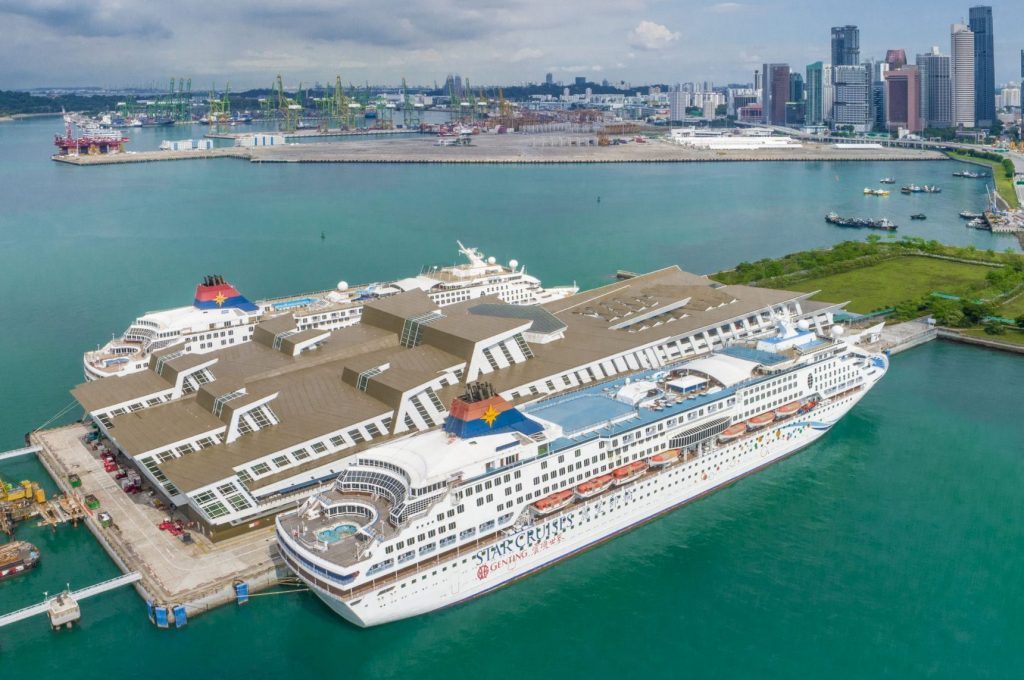Asia's Genting Cruise Lines to Offer Short Sailings Without Any Stops in Ports

Skift Take
Unlike North America and Europe where cruising already has a loyal following — and critics in equal measures — Asia’s nascent cruise market also means the region’s travelers are likely more malleable and open in their impressions of cruising in the wake of the coronavirus pandemic.
The cruise industry is facing its toughest year ever, as the coronavirus pandemic has brought the global cruise industry to a standstill and major cruise lines were forced to temporarily suspend new sailings and repatriate customers and crew around the world.
Caught in the eye of the coronavirus storm, the cruise industry has also suffered massive reputation damage during the pandemic, when Covid-19 outbreaks on board the Diamond Princess and the Grand Princess and news of multiple cruise ships stranded at sea with ill passengers made global headlines.
Skift spoke to Michael Goh, president of Dream Cruises and head of international sales of Genting Cruise Lines — the parent company of Star Cruises, Dream Cruises and Crystal Cruises — who said that the image of cruising as unsafe is a misperception. Cruise ships, stated the Asian cruise leader, are no more riskier than other social gatherings or holiday formats.
Get the Latest on Coronavirus and the Travel Industry on Skift's Liveblog
And come back cruises will as a growing vacation concept in Asia, said Goh, as cruise lines are doing all they can behind the scenes to make sure that future sailings are safe and sanitized experiences to prevent coronavirus and other illness from spreading. The interview has been edited for clarity and length. Skift: How will Covid-19 change and transform cruise ship travel? Goh: Things will be very different in the new norm because Covid-19 really changes the way people travel, so we strongly believe that people will be very cautious about where they want to travel. They want to make sure that whatever we provide will be safe for them to travel. The way that we conduct our business will be totally different, from the point of time of ship embarkation until disembarkation, and once on board there is also accommodation, entertainment facilities, and the kind of cleaning process, sanitation and disinfection process for the common public area. There are many, many questions going through customers’ minds, so it is important for us to make them aware of the many measures bei